Back in the early ’90s, the seeds of a new strain of music that blended together hip-hop, jazz and electronic influences started to sprout. Tagged trip-hop—a phrase reputedly coined by a writer at Mixmag magazine—the vibe was all about atmospheric (and often instrumental) beats that embraced a languid, laid-back vibe that, as the cliché goes, was often used as background music to smoke sessions. Over this blunted base, producers layered in psychedelic flourishes and introspective vocals. At the height of the trip-hop movement, labels like Mo’ Wax and Ninja Tune helped bring together British beat makers with open-minded American rappers in the pursuit of stylish mood music—and it’s a fusion that caught the mainstream’s attention through crossover albums by the Bristol-based bunch of Massive Attack, Portishead and Tricky.
Two decades on from trip-hop’s peak, here’s a salute to 10 cornerstone albums deserving of a place in your collection.

For many listeners, Massive Attack's debut album is synonymous with "Unfinished Sympathy"—a bittersweet relationship confessional fleshed out with orchestral strings—but you can also make the persuasive argument that the rest of Blue Lines was a case of 3D, Mushroom and Daddy G laying down a formative trip-hop template. It's a blueprint spawned from British soundsystem culture—"English upbringing, background Caribbean," as Tricky, the group's de facto fourth member, puts it—and at times, songs like "Lately" and the title track sound like they're being broadcast live from the dance as classic hip-hop breaks are cut up and topped with the hushed raps of the crew, Shara Nelson's impassioned singing and roots reggae man Horace Andy's angelic lilt. Back in 1991, you'd find a copy of Blue Lines in constant rotation inside any self-respecting Sony Boodo Khan.
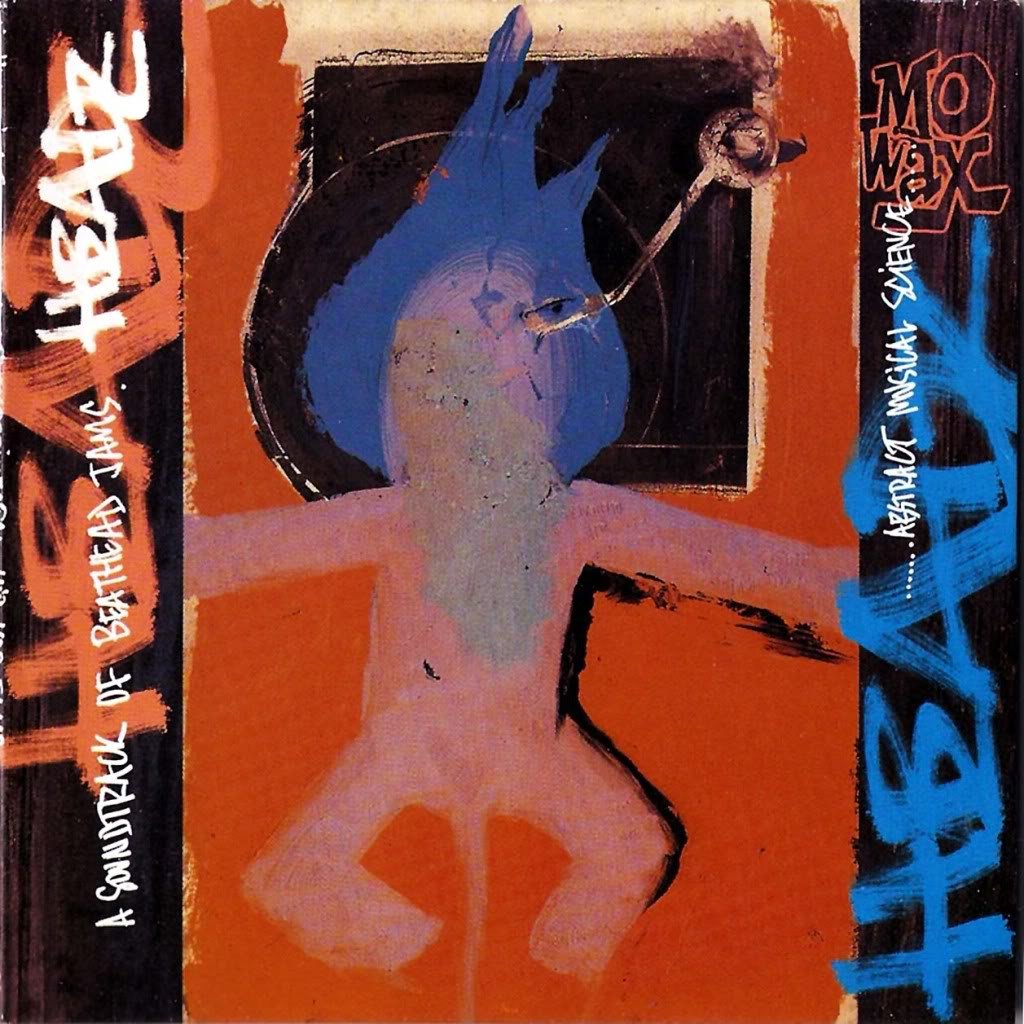
#Various Artists: Headz
You can't talk about trip-hop without mentioning the importance of James Lavelle's Mo’ Wax label—and 1994’s Headz compilation hit home as an indicator of where the sub-genre was going. The expansive project's subtitle alone is a solid summation of the movement’s ambit: "A Soundtrack Of Experimental Beathead Jams." Fittingly, what unfurls over a lavish triple vinyl set—which is fronted by abstract artwork courtesy of Massive Attack's 3D — is all about ambient downtempo beat work: La Funk Mob's "Ravers Suck Our Sound" and Howie B's "Head West—Gun Fight At The O.K. Corral" are cinematic outings that toy with dub overtones, while DJ Shadow's "In/Flux (Alternative Interlude 93)" is a nostalgia-tinged, beat-shifting coda that closes out the set. A second installment in the series dropped two years later and upped the ante to include artists like Air, Tortoise and DJ Krush, but the first Headz collection is the pivotal anchor of the trip-hop scene.
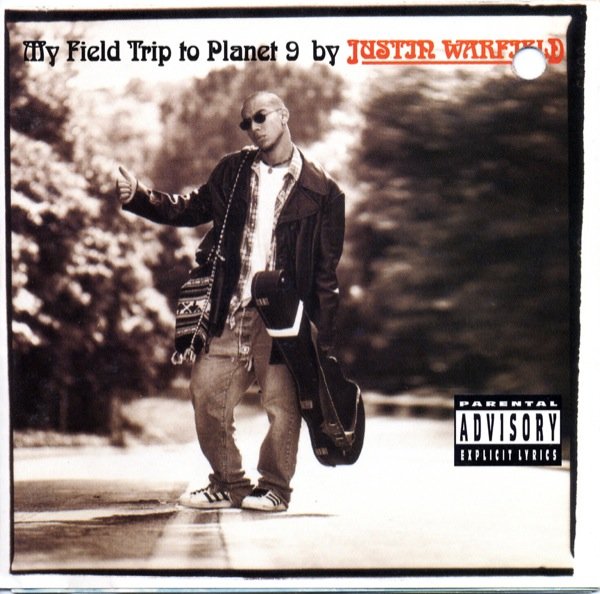
#Justin Warfield: My Field Trip To Planet 9 Back in 1993, hip-hop fans were either on board Dr. Dre and Snoop Dogg's slick G-funk ride or pledging their allegiance to the Wu-Tang Clan's rugged and raw Shaolin styles. Justin Warfield, on the other hand, could be found releasing far-out experimental rap music that was usually tagged as being like hip-hop on acid—a claim uncontested by songs like "Drugstore Cowboy" where the protagonist cops to the substance being "my favorite pastime" before realizing "the room starts looking like a clamshell deep beneath the sea." Musically, producers Prince Paul and QDIII roll out a shapeshifting bed of beats for Warfield's leftfield lyricism. "Thoughts In The Buttermilk" also features guest guitar lines from producer and engineer Scotty Hard, whose own group, New Kingdom, can also make an early claim for being trip-hop pioneers of a sort, complete with MC Nosaj going on to record with Tricky and Morcheeba.
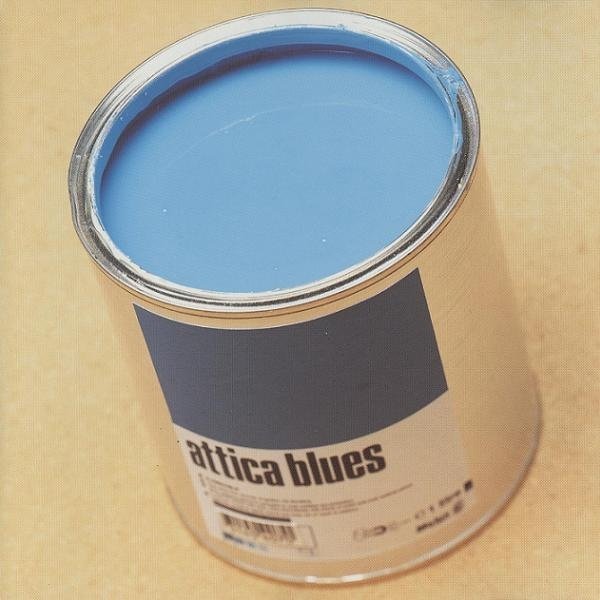
#Attica Blues: Attica Blues After jazz record dealers questioned Tony Dark's ability to pay for a copy of saxophonist Archie Shepp's 1972 release Attica Blues, the producer struck back by naming his band after the album. Consisting of fellow beatsmith Tony Nwachukwu and vocalist Roba, the London-based trio found a home for their melodramatic and brooding sound on the Mo’ Wax label. 1997's eponymously titled debut album is a moving collection of songs that showcase Roba's royal vocals as she trills through tracks about self-doubt, lost love, and even world history. This goes down over expansive production that fuses jazz samples with elaborate strings to create a dramatic and haunting listening experience that also nods to the two producers' African heritage. "It doesn't cost anything to be yourself / Wealth has no value when you're dealing with yourself," sings Roba on the melancholic "R.E.A.L. Expense” as she helps turn Attica Blues into a trip-hop album with true soul.
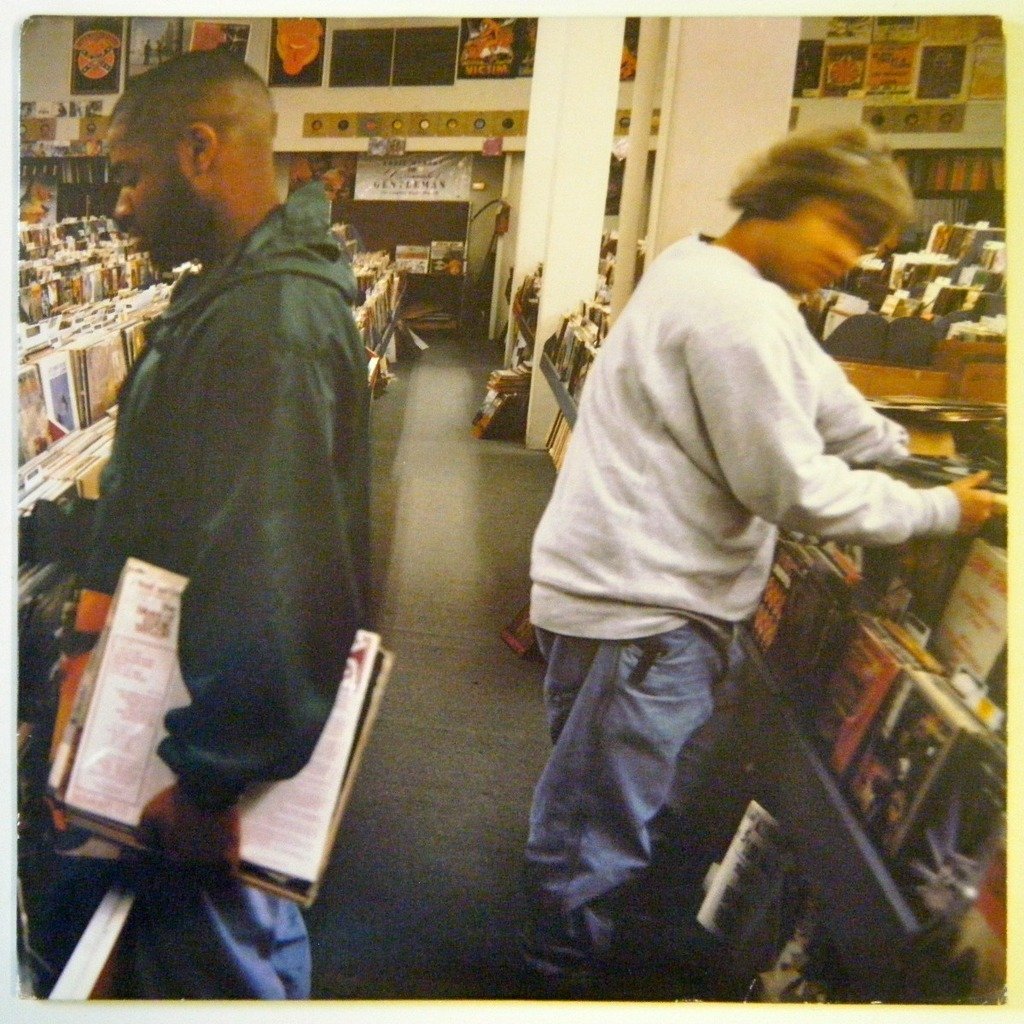
#DJ Shadow: Endtroducing….. For die-hard hip-hop heads, 1996’s Endtroducing..... hit home like a logical update of Steinski and Double Dee's innovative cut-and-paste sample collages from the ’80s—but DJ Shadow's debut album wound up taking on a fresh life as a figurehead release for both the Mo’ Wax label and the trip-hop movement as a whole. Clocking in at just over an hour in length, the project is a highly nuanced demonstration of the art of crate digging and sampling, with the San Jose native conjuring up dreamy soundscapes and moving the narrative along via select vocal samples and scratches. It all amounts to an intoxicating ode to the joy of record collecting.
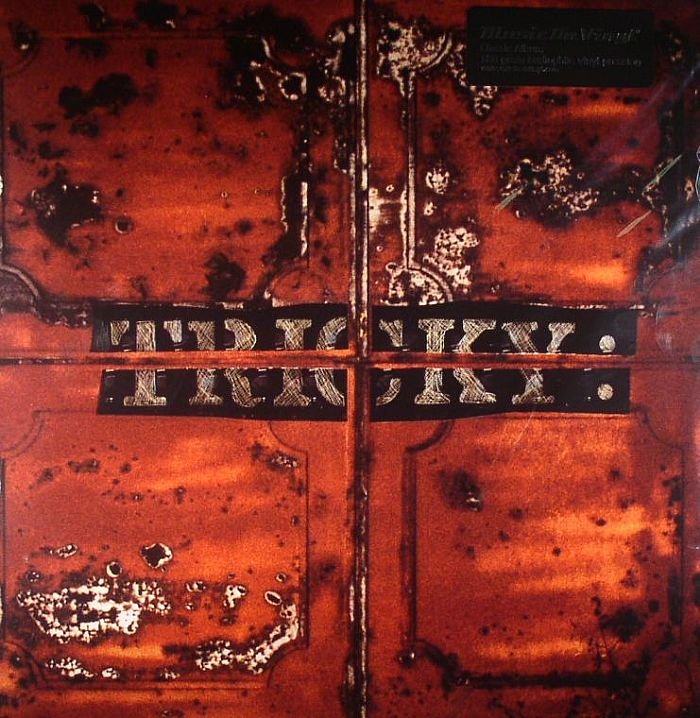
#Tricky: Maxinquaye At times, trip-hop has been stigmatized as little more than stylish background music, but with his debut solo album Tricky showed that the sub-genre can command the ear and touch the heart. Named after his mother (Maxin Quaye) and recorded in cahoots with his then-girlfriend Martina Topley-Bird (whom he allegedly stumbled across one day when she was cutting class), Maxinquaye features Tricky Kid airing out the same sort of abstract, weed-enhanced, freewheelin’ lyrics he debuted on Massive Attack's Blue Lines. "MTV moves too fast/I refuse to understand / You go your way and I'll see mine / Feels like wasted time," he drawls on the woozy, aquatic "Pumpkin," before coating the rest of the experience in a dark leftfield patina that reaches a zenith with a cover of Public Enemy’s “Black Steel In The Hour Of Chaos.”
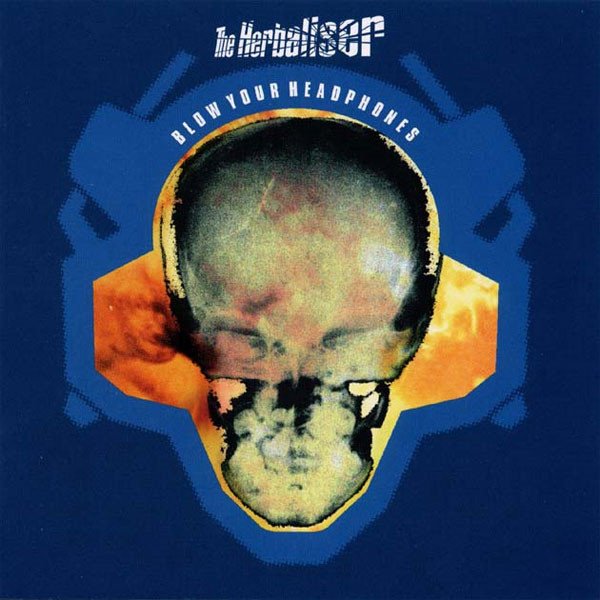
#Herbaliser: Blow Your Headphones Trip-hop has a staunch British heartbeat, but its finest practitioners have always reached out to the U.S. when it comes to adding a little vocal rap flair to their tracks. Dropping on Cold Cut's Ninja Tune label, producers Ollie Teeba and Jake Wherry's second long-player jolts into life with "Opening Credits," where crisply scratched in vocal grabs from Run-DMC and Onyx announce that things are about to get "live like a wire." After that, Jean Grae (appearing under her former MC moniker of What? What? from the group Natural Resource) makes the first of four guest spots on "The Blend" and proceeds to drop buttery flows all over the taut track. When Blow Your Headphones settles back into instrumental territory, it becomes defined by jazz-inspired grooves and a tangible ’60s spy movie soundtrack vibe.
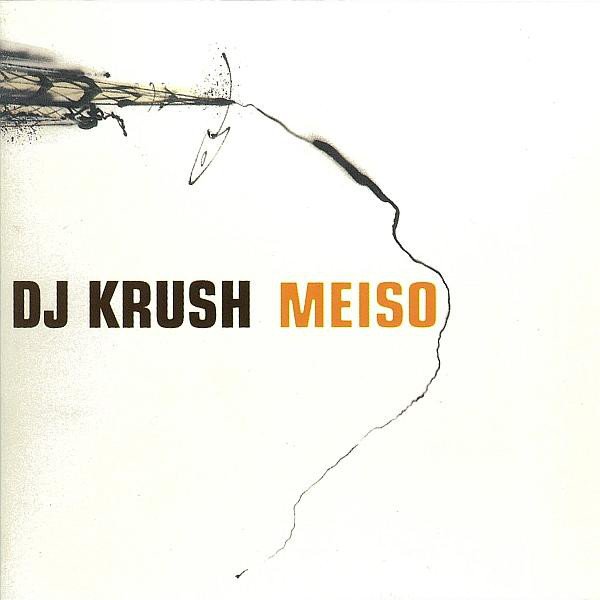
#DJ Krush: Meiso Another essential release from the Mo’ Wax stable, Japanese turntablist DJ Krush's third solo studio album underscored the links between the trip-hop and hip-hop scenes in the ’90s by calling on features from CL Smooth, The Roots' MCs Black Thought and Malik B, and Gang Starr Foundation soldiers Guru and Big Shug. Beyond the guest spitters, the rest of Meiso rolls out as a masterclass in turning sampled breaks into stripped down but atmospheric beatscapes, with songs like "Anticipation" gently teasing the listener into a zen zone. Throw in minimalist cover artwork by graffiti icon Futura 2000 and you’ve got a true trip-hop collector’s centre piece.
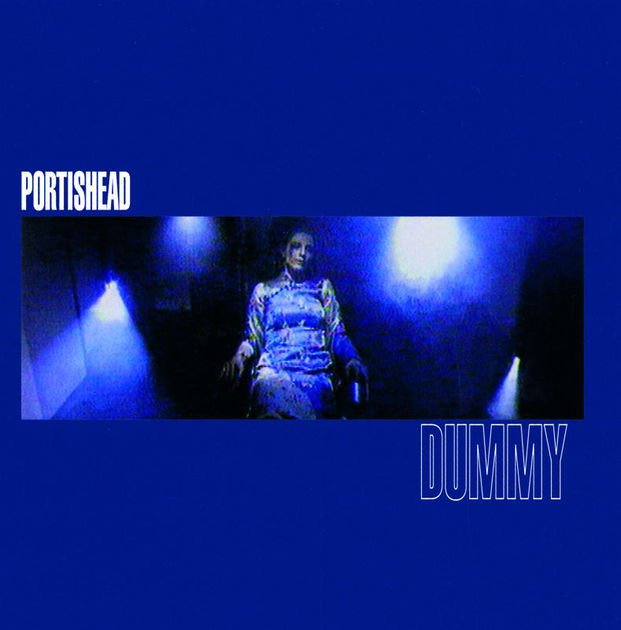
#Portishead: Dummy The highlights of Portishead's 1994 debut album are now firmly enshrined in pop culture: "Sour Times" is like a spaghetti western soundtrack flipped into an off-kilter ballad, "Roads" is fueled by one of the all-time haunting keyboard lines and "Glory Box" became the background to an entire generation's moody student days. But the essence of Dummy is about a cultured record collector—Geoff Barrow—turning a crate digger's encyclopedic knowledge into an emotionally dripping album experience by virtue of calling on the assistance of a singer, Beth Gibbons, who’s blessed with an astounding ability to convey sad and wounded lyrical sentiments. Consider Dummy an evocative example of letting the song cry.
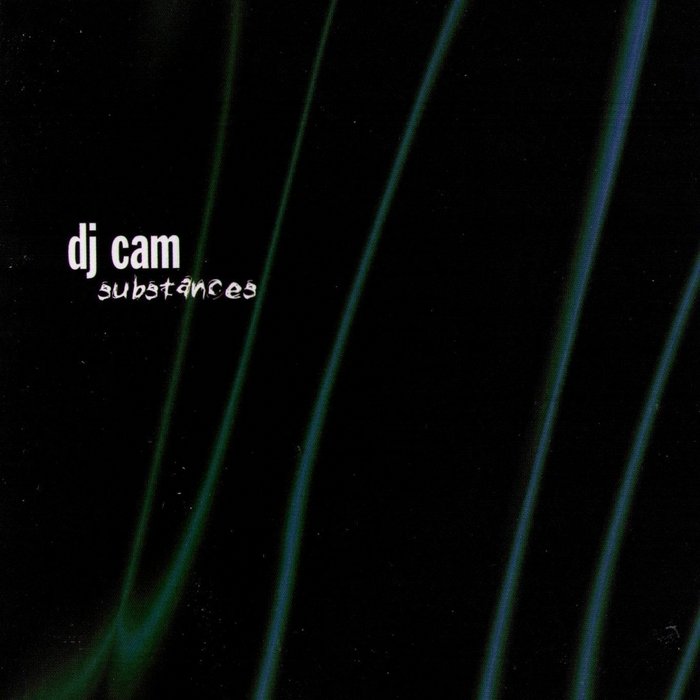
#DJ Cam: Substances Parisian mood master DJ Cam was lavished with critical praise for 1995's Underground Vibes, but the following year's Substances is the project that resonates most ethereally. Openly showcasing his hip-hop and jazz influences, songs like the delicate and airy, piano-helmed "Friends And Enemies" seamlessly samples Gang Starr and John Coltrane, while the rolling, harp-spiked "Innervisions" mines from a similar stash of sounds as it fuses Nas’ old spar AZ with Alice Coltrane. But don’t think this is some awkward mash-up experiment—in DJ Cam's nuanced hands, Substances resonates as a poignant musical journey that salutes hip-hop pioneers and jazz cats in a tender and respectful manner.
Phillip Mlynar writes about the holy trinity of rappers, cats and food. He once got drunk on pints of black and tans with MF Doom in the name of journalism.
Join the Club!
Join Now, Starting at $44Exclusive 15% Off for Teachers, Students, Military members, Healthcare professionals & First Responders - Get Verified!












